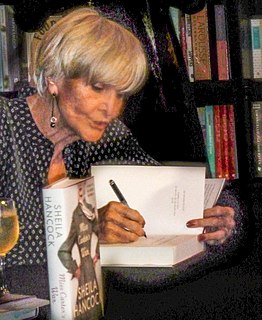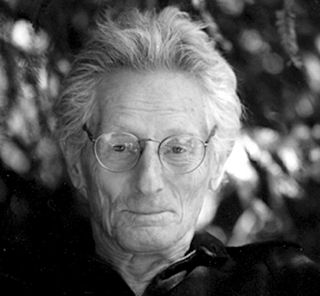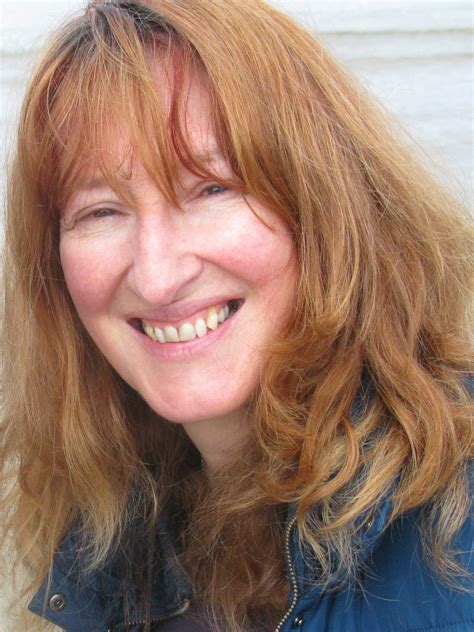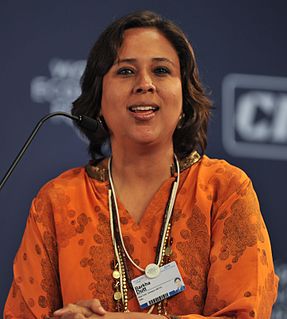A Quote by Sheila Hancock
Just as our bodies need to be exercised, so, perhaps, do our brains.
Related Quotes
Presumably there are energies, to which each human is sensitive, that we cannot yet detect by means of our instruments. Built into our brains and our bodies are very sensitive tuneable receivers for energies that we do not yet know about in our science but that each one of us can detect under the proper circumstances and the proper state of mind. We can tune our nervous systems and bodies to receive these energies. We can also tune our brains and bodies to transmit these energies.
Ninety percent of our lives is governed by emotion. Our brains merely register and act upon what is telegraphed to them by our bodily experience. Intellect is to emotion as our clothes are to our bodies; we could not very well have civilized life without clothes, but we would be in a poor way if we had only clothes without bodies.
We usually do pay attention to our outer appearance, typically noticing whatever part of our bodies we are unhappy about. It behooves us, however, to get on very good terms with more than just the surface of our bodies as we grow older; for if we don't listen to our bodies and pay attention to our physical needs and pleasures, this vehicle that we need to be running well to take us into a long and comfortable life, will limit what we can do and who we become.
Like our physical bodies, our memory becomes out of shape. As children, we are constantly learning new experiences, but by the time we reach our 20s, we start to lead a more sedentary life both mentally and physically. Our lives become routine, and we stop challenging our brains, and our memory starts to suffer.
However small we are, we should always fight for what we believe to be right. And I don’t mean fight with the power of our fists or the power of our swords…I mean the power of our brains and our thoughts and our dreams. And as small and quiet and unimportant as our fighting may look, perhaps we might all work together…and break out of the prisons of our own making. Perhaps we might be able to keep this fierce and beautiful world of ours as free for all of us as it seemed to be on that blue afternoon of my childhood.
Americans have a profound longing for heroes - now perhaps more than ever. We need our explorers, our sports icons, our Medal of Freedom winners, our Nobel laureates. We need our Greatest Generation warriors, our 'Sully' Sullenbergers, our Neil Armstrongs. On some level, we still subscribe to the myth of the man in the white hat.

































